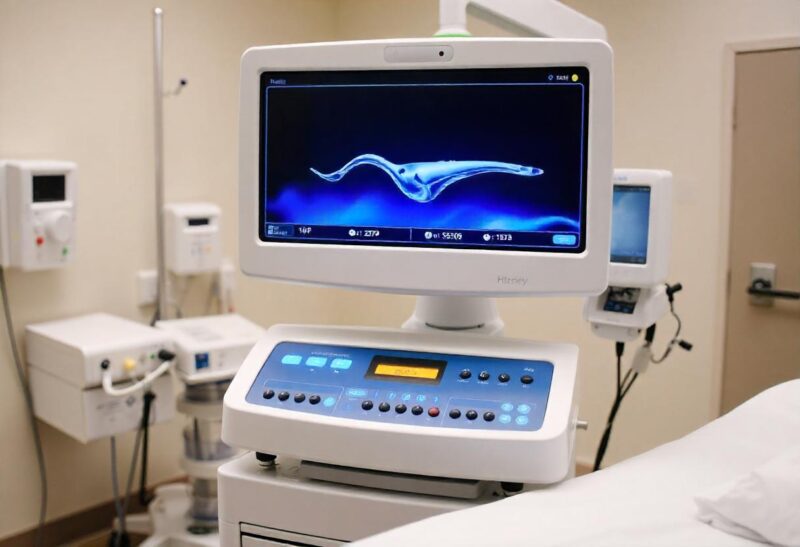Memphasys (ASX: $MEM) progresses equine fertility study
- Author: Stock Piper

Memphasys (ASX:MEM) announces positive results from equine fertility study
Australian bioseparation biotechnology company Memphasys Limited (ASX:MEM) has announced positive results from an initial study validating the commercial potential of its Felix™ System in improving the quality of frozen-thawed stallion spermatozoa. The study, conducted by the University of Newcastle's Infertility and Reproduction Research Program, confirmed the Felix System's effectiveness in providing faster and higher-quality sperm isolation, leading to significant improvements in equine breeding outcomes.
Executive Commentary on Felix™ System's Potential
The positive results from this study validate the Felix™ System as a powerful tool for the equine breeding industry. We are now scaling up our efforts with a larger three-year study to further solidify the Felix System's commercial readiness. With demand for assisted reproductive technology continuing to grow globally, the Felix™ System offers breeders an efficient and effective way to improve fertility outcomes. We anticipate launching the Felix™ System commercially for non-thoroughbred breeders within the next 12 months.
Summary of Memphasys (ASX:MEM) Announcement
Memphasys Limited (ASX:MEM) has made significant progress with the Felix™ System, demonstrating its potential to improve equine breeding outcomes. The initial study confirmed the system's ability to isolate viable, low-ROS-producing frozen-thawed stallion spermatozoa, significantly enhancing sperm quality. The company has commenced a larger three-year equine fertility study to further validate the Felix System for the global equine market, with initial commercial outcomes expected within 12 months. With the global equine Artificial Insemination (AI) market valued at an estimated USD $681 million per annum, Memphasys is well-positioned to capture a significant portion of this market. Dr. David Ali, Managing Director and CEO of Memphasys, highlighted the efficiency and effectiveness of the Felix™ System in improving fertility outcomes, emphasizing the company's anticipation of launching the system commercially for non-thoroughbred breeders within the next 12 months. Memphasys is actively pursuing partnerships with global distributors to bring the Felix™ System to market, and the ongoing three-year study is expected to generate the data necessary for market entry, with results anticipated to be published within 12 months. The company is poised for rapid expansion into the equine breeding market, and the Felix™ System is expected to play a key role in advancing global breeding practices.


